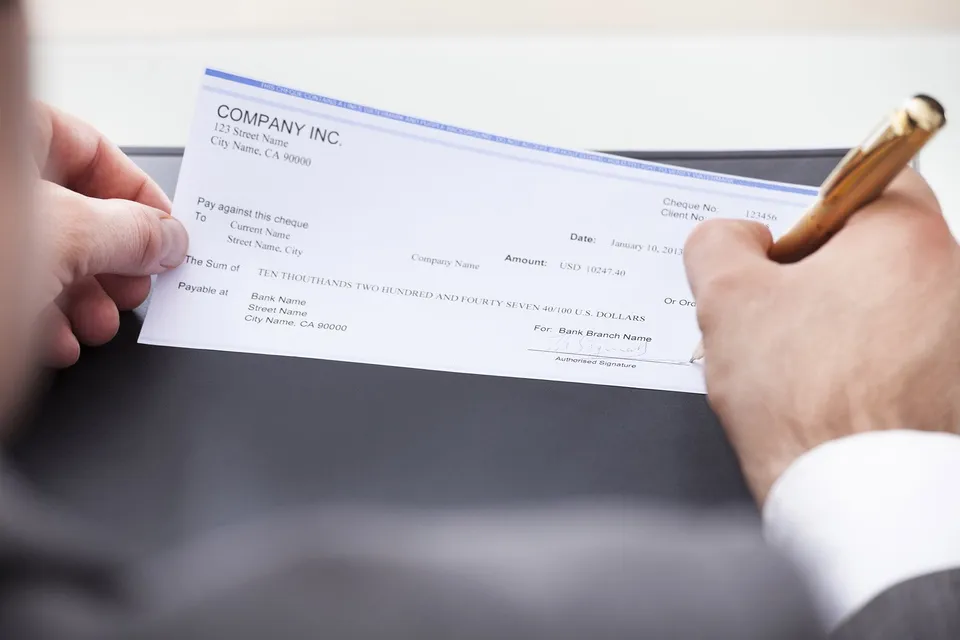Understanding Your Settlement Offer
- April 6, 2021 @ 12:28 pm
- Written by admingil
- Categories: Legal Process

In a settlement, there is always paperwork. Before you agree to a settlement offer, you and your lawyer will discuss whether you understand and accept all of the terms and conditions of the settlement. The insurance company for the at-fault party will ask you to accept money in exchange for your agreement to end the case — releasing the at-fault party from any future responsibility.
First and foremost, you and your lawyer will discuss whether the amount of the offer is reasonable under the circumstances. Your lawyer should be able to give you a professional opinion on this, weighing the likely outcome of a trial against the certainty and benefits of settling now. Rejecting one settlement offer does not mean you will never get another. In fact, some defendants even expect to go through several rounds of offers and rejections. A qualified John Bales Attorney will guide you through this process every step of the way.
Another consideration is any debt, claim or lien that you might owe to health care providers or other parties because of the accident. (We will discuss and define liens in the next section.) If the settlement offer is not be sufficient to pay all of these debts, you may be liable for the rest. Sometimes, your law firm can help by negotiating or using other remedies available under the law to make sure all of your obligations are covered. Depending on the circumstances, your lawyer might be able to convince creditors to take a lesser amount in exchange for immediate payment. But because this is an uncertain process, it is important to discuss your debts and obligations with your lawyer when analyzing a settlement offer.
At this stage, your lawyer may also talk to you about subrogation, which we discussed a little in Chapter One. A subrogation claim is a claim that an insurance company or other party has on the money you recover in your case. For example, if you have medical insurance, it probably covered your initial medical care. But if an auto insurance company is legally obligated to cover those costs, the medical insurer may be entitled to reimbursement from the auto insurer or from you, out of any settlement you reach with the auto insurer. Subrogation can be complex and depends on state and federal laws as well as individual contracts. Your lawyer should help you understand how it applies to you.
If you have claims against more than one defendant or insurance company, or are considering a lawsuit over the same injuries against another party, you should also consider whether settling with one defendant could limit or eliminate your right to pursue the other cases. For example, in states with at-fault auto insurance, you may have a claim against your own auto insurer for unpaid uninsured/underinsured auto insurance claims. (Much more about insurance can be found in Chapter One.) Many states require you to notify other parties if you settle with one. If you fail to follow this or other laws, you may lose your right to pursue your other claims.
How Liens Could Affect Your Settlement
Liens are legal claims against personal property, used to secure a debt. A residential mortgage is a common type of lien. A lien claim might be a part of your case if you have a large amount of debt stemming from the accident and you cannot pay it out of your own pocket. This is particularly common with debts for medical care. If this is the case, the hospital or other medical provider that you owe money to can eventually put a lien on your settlement, or on your home or other property. Liens make it difficult to sell or otherwise make changes to the property.
Resolving lien claims can be difficult because of the many complex laws that apply to them, and because holders of lien claims are often slow to respond in writing to questions about their liens. Unfortunately, the law does not always say that lienholders are required to respond to requests for a lien amount within a specific time, and it sometimes takes months to get an appropriate answer. This delay prevents prompt payments of settlement funds to clients like you, and can be frustrating for you and your lawyer. Your law firm should work hard to obtain this information and resolve these issues, so that the settlement can be distributed and you can resolve your case.
For example, if Medicaid or Medicare has paid health care providers for treatment you needed because of your accident, they are entitled to reimbursement of those payments. To ensure that they are paid, they may place a lien on your settlement. Your law firm will probably have to hold back a part of your settlement equal to the debt until you can negotiate an agreement and pay the agency.
When multiple insurers or debts are involved, this can become quite complex. For example, you might run into complicated lien problems when you have your own private insurance (including a settlement from a personal injury case) but are using Medicare as a secondary insurer. When it is not certain whether Medicare is a primary or secondary insurer, Medicare will make a conditional payment. If it is later determined that some other party was responsible for that payment, Medicare is entitled to a refund from that party, or from you or the health care provider, if one of you was paid by that party. The federal government may place a lien on your property to recover this type of conditional payment. (It might also be entitled to make a subrogation claim against your settlement.) Again, your settlement funds cannot be distributed until you reach an agreement and pay Medicare.
